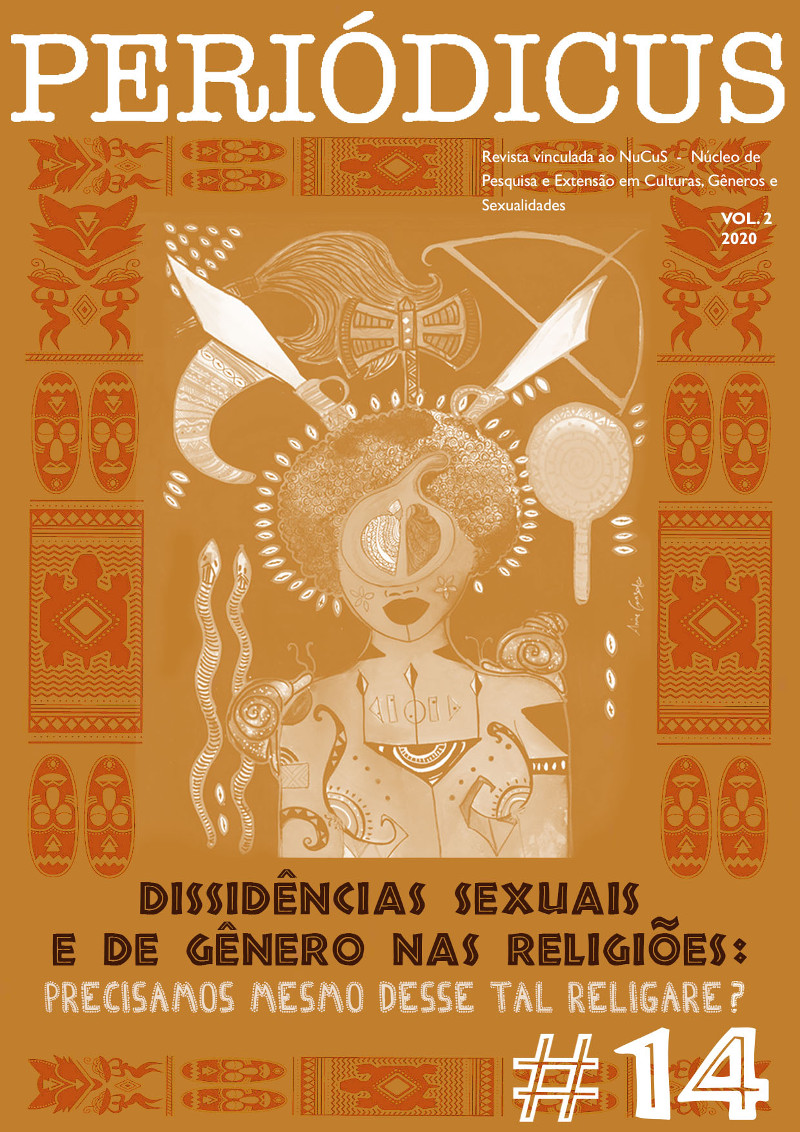The story that (almost) nobody tells: the dissidents of heteroCistem in basic education and on the samba runways
DOI:
https://doi.org/10.9771/peri.v2i14.35466Abstract
Abstract: The 2019 parade of GRES Estação Primeira de Mangueira is not over yet. The plot presented by the sambaschool brought queries about the History narrated in textbooks and exposed the existence of a series of missing pages in
these works, provoking the production of this article. Among the absences, it is not possible to find those that tell the
individual or collective trajectories of the dissidents of the ‘heteroCistem’. Where might be the pages that present the
stories of those who are not heterosexual, those who are not cisgenders, or, still, those who do not fit into sexual and
gender binarism? As a way to search for these pages, I sought information in History textbooks and in plots presented by
samba schools in the carnivals of Rio de Janeiro, São Paulo and Porto Alegre. Thus, in this paper, I present the History
class in basic education and the parade of samba schools as public history practices.
Keywords: History teaching. Public history. Samba school. Gender. Sexuality.
Downloads
Downloads
Published
How to Cite
Issue
Section
License
Copyright (c) 2021 Fabrício Romani Gomes

This work is licensed under a Creative Commons Attribution-NonCommercial 4.0 International License.
Authors who publish in this journal agree to the following terms:
Authors retain copyright and grant the journal the right of first publication, with the work simultaneously licensed under a Creative Commons Attribution Noncommercial License that allows the work to be shared with acknowledgment of authorship and initial publication in this journal, but prohibits commercial use.
Authors are authorized to enter into separate additional contracts for non-exclusive distribution of the version of the work published in this journal (e.g., publishing in an institutional repository or as a book chapter), with acknowledgment of authorship and initial publication in this journal.
Authors are permitted and encouraged to publish and distribute their work online (e.g., in institutional repositories or on their personal website) at any point before or during the editorial process, as this can generate productive changes and increase the impact and citation of the published work (see The Effect of Open Access).








